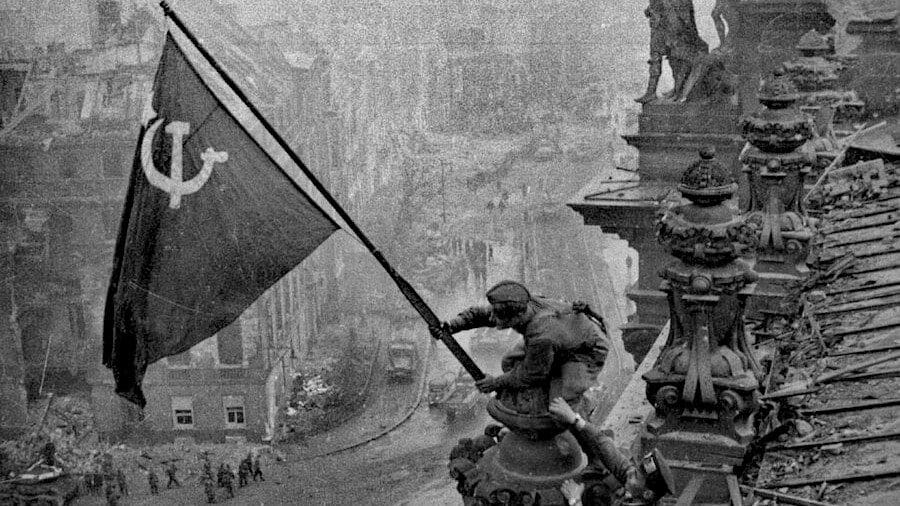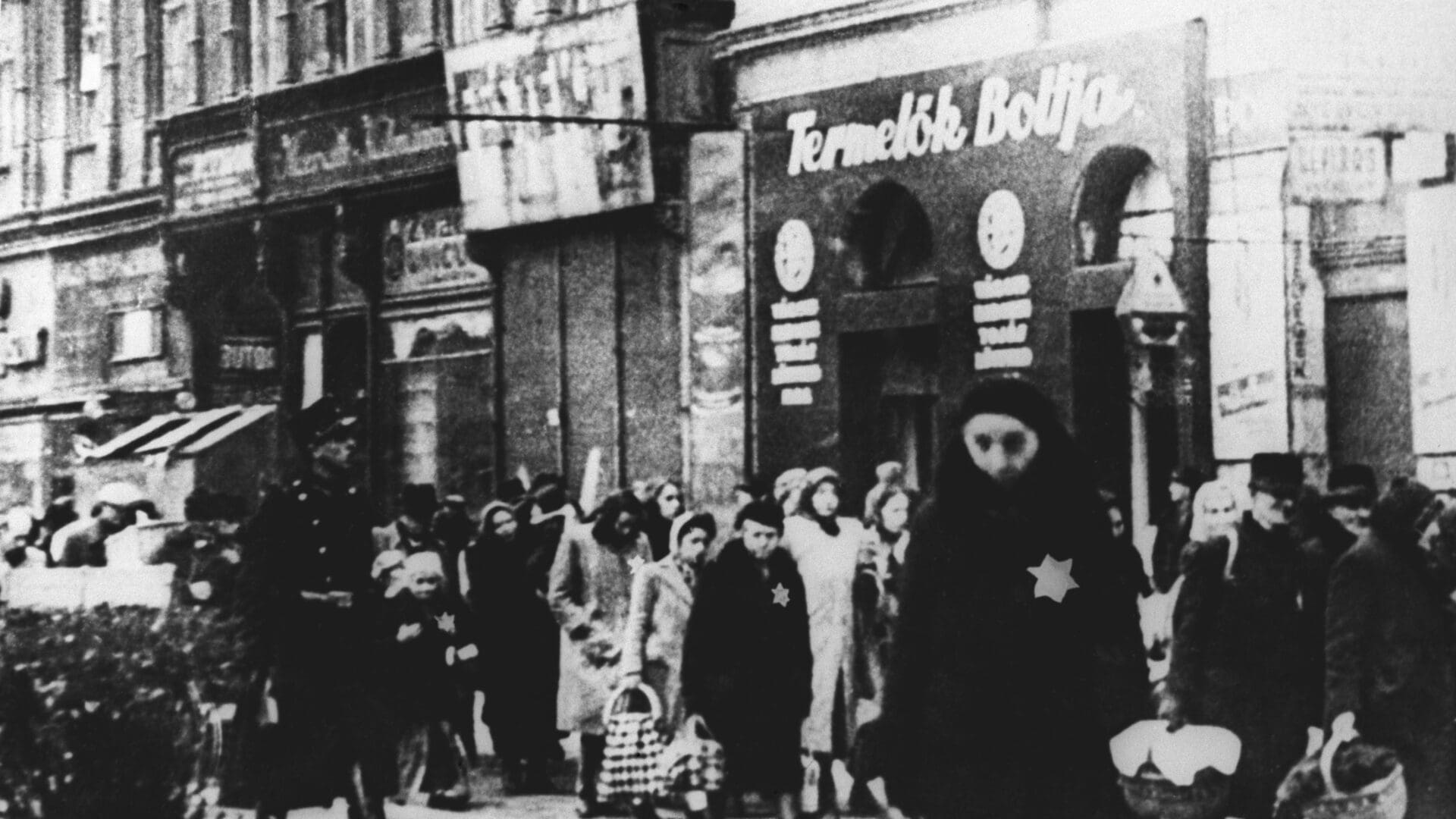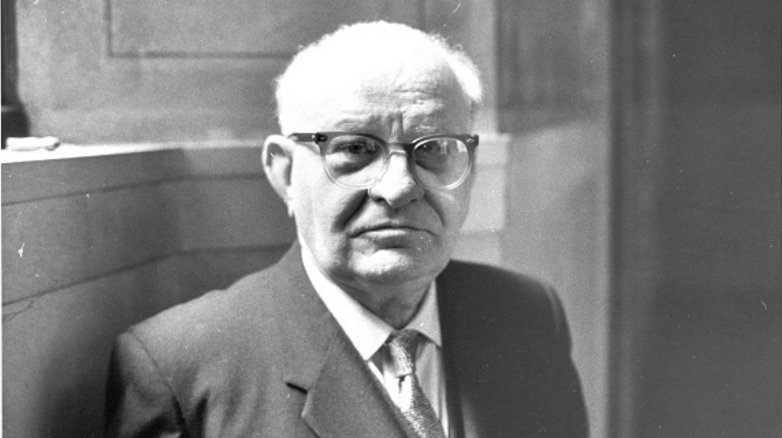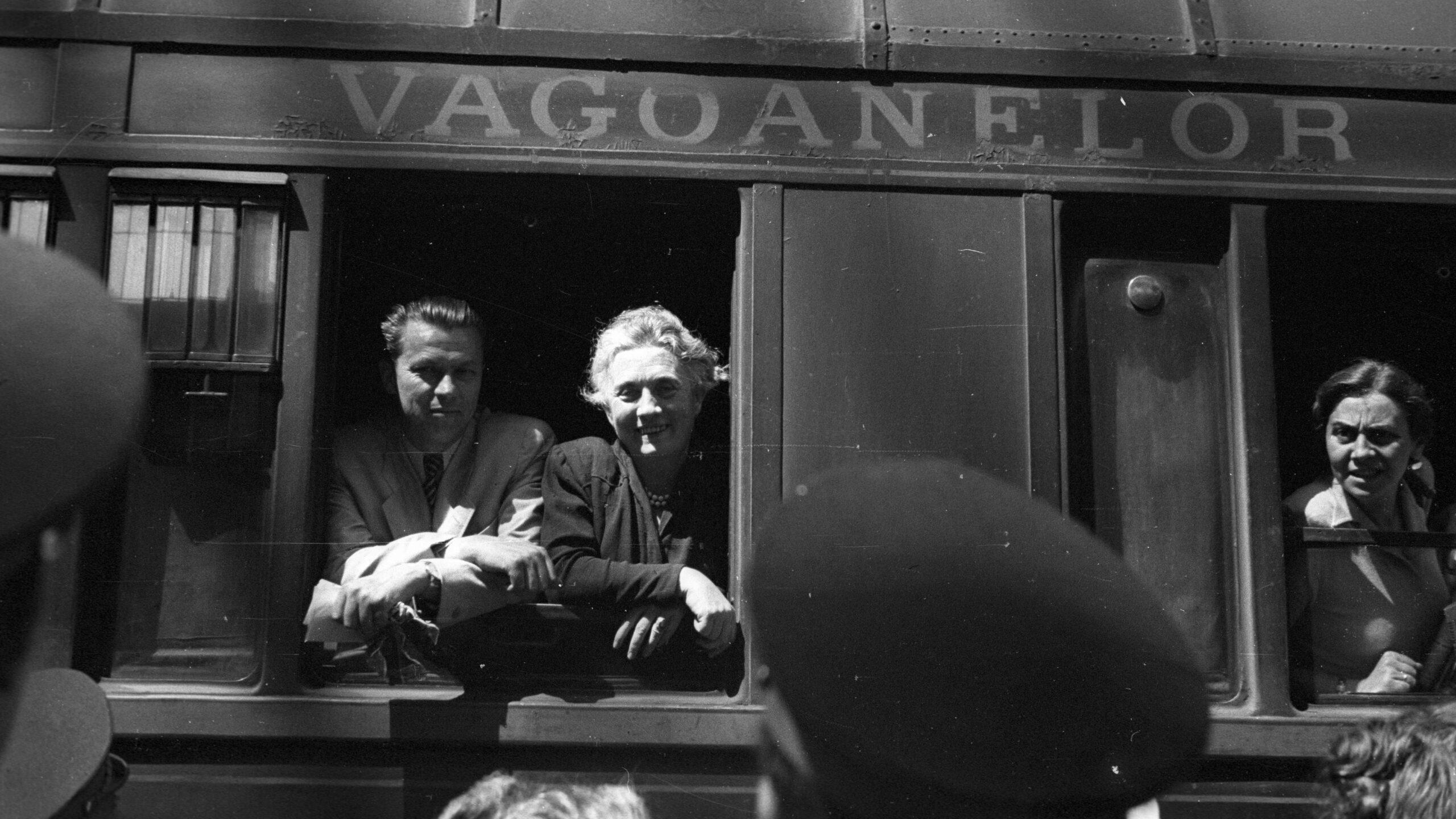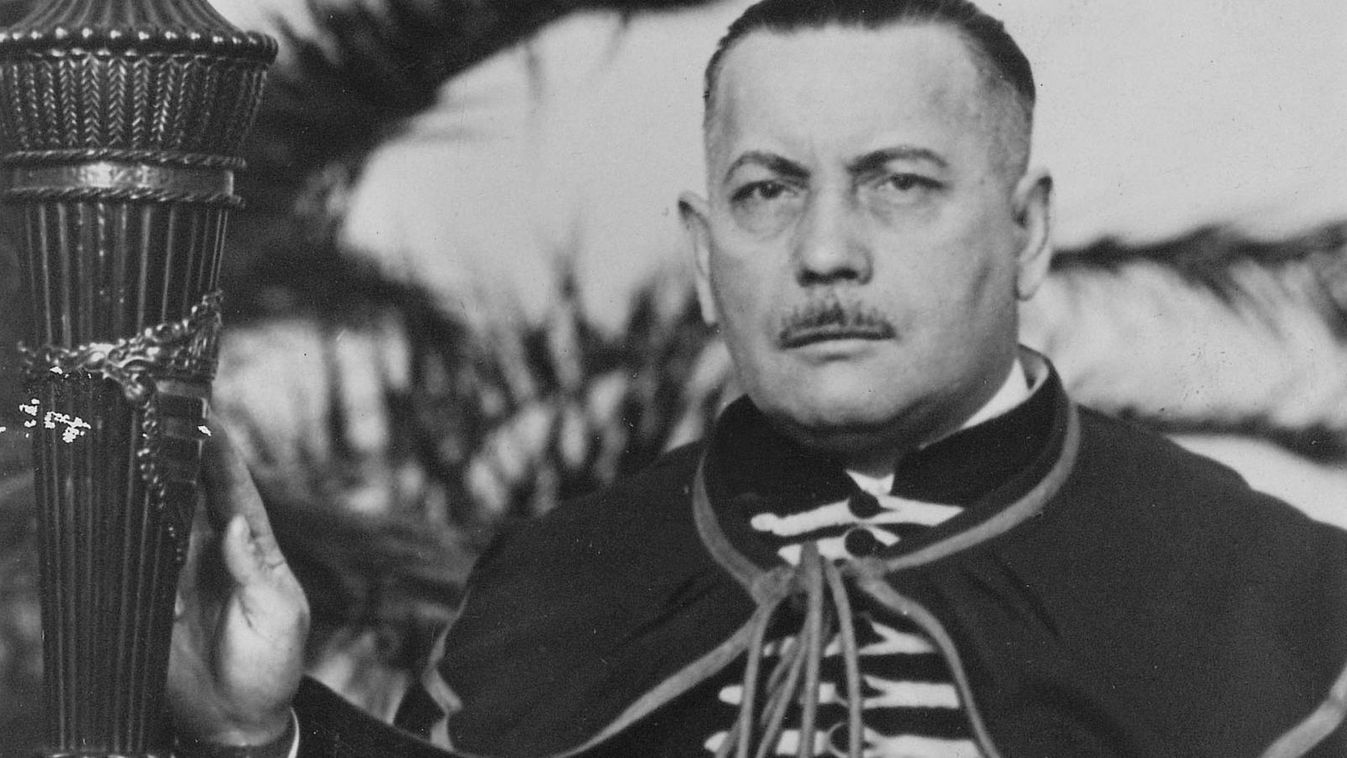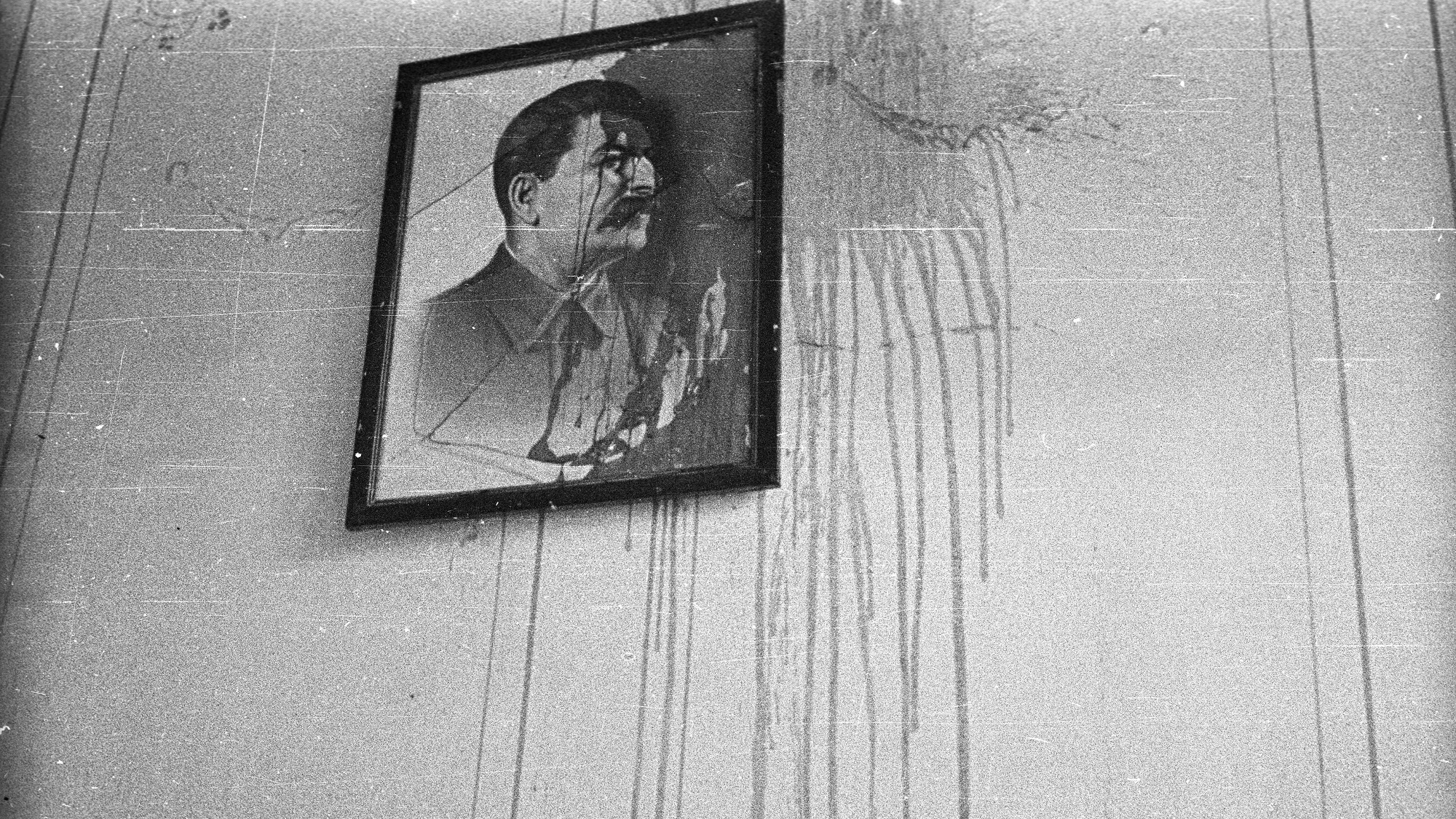
Attractive Aspects — The Possible Reasons Behind the Growing Number of Germans Moving to Hungary
In recent years, the number of German citizens moving to Hungary permanently, not only for holiday, study or work, has been increasing. The motives behind this phenomenon are often personal, but they also stem from certain realities of German society.

